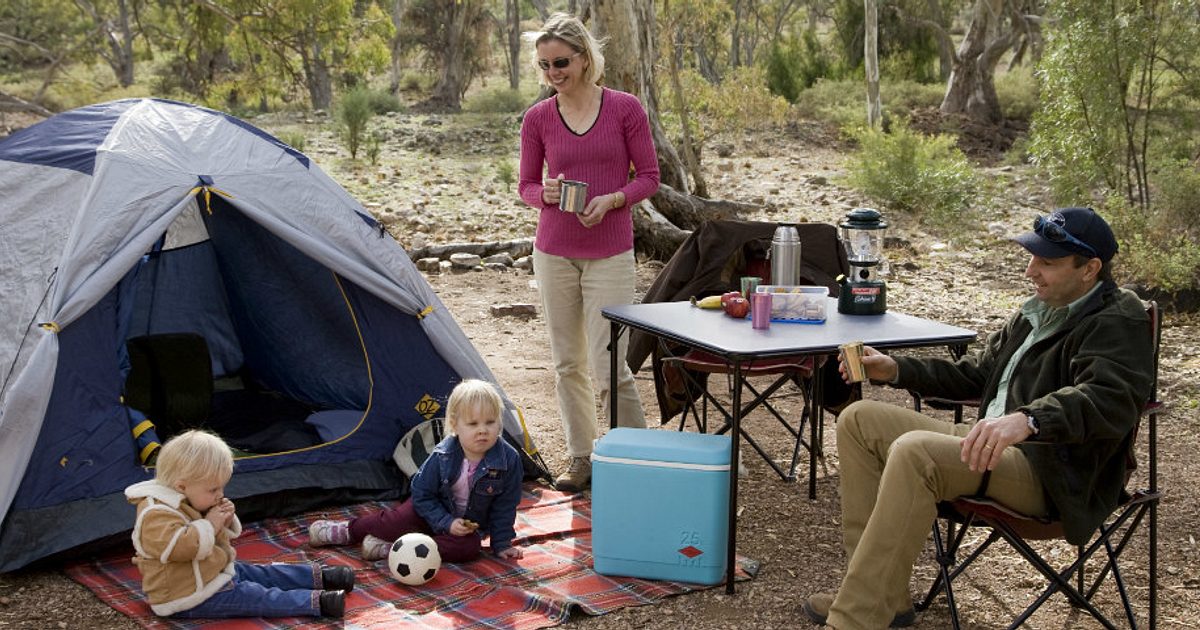Camping is a fantastic outdoor activity that allows you to reconnect with nature, unwind, and create lasting memories. However, amidst the excitement and adventure, it’s crucial to prioritize your safety. Whether you’re an experienced camper or a novice exploring the wilderness, following essential safety tips can help ensure a smooth and secure camping experience. In this article, we’ll discuss five indispensable tips for staying safe while camping.
- Research and Plan:
Before embarking on your camping trip, spend some time researching your chosen destination. Familiarize yourself with the terrain, weather conditions, wildlife, and any potential hazards. Check for any local advisories or restrictions that may affect your camping plans. Planning ahead will enable you to pack the necessary gear and supplies, anticipate challenges, and make informed decisions to keep yourself safe throughout the trip.
- Pack Adequate Safety Gear:
When it comes to camping, the right gear can make a significant difference in your safety. Ensure you have essential safety equipment such as a first aid kit, insect repellent, sunscreen, a map and compass (or GPS device), extra batteries, a flashlight, and a whistle. Keep security weapon like double barrel shotgun for self-defense in wild. Additionally, pack appropriate clothing and footwear suitable for the terrain and climate. It’s also wise to carry a fire extinguisher and a multipurpose tool like a Swiss Army knife. Having these items readily available can help you handle emergencies and navigate challenging situations effectively.
- Set Up Camp Thoughtfully:
Selecting a suitable campsite and setting it up correctly is crucial for your safety. Look for level ground away from hazardous areas like cliffs, flood-prone zones, or areas with loose rocks and branches. Avoid camping near bodies of water, which can pose risks such as drowning or attracting wildlife. If camping in a designated campground, follow the campground rules and guidelines for fire safety, noise levels, and proper waste disposal. Always be aware of your surroundings and respect the natural habitat to minimize environmental impact.
- Practice Fire Safety:
Campfires are a quintessential part of camping, but they can also be a potential safety hazard if not handled responsibly. Before starting a fire, check the local regulations regarding fire permits and restrictions. Select a safe spot for your fire pit, away from flammable materials and low-hanging branches. Keep a bucket of water and a shovel nearby for extinguishing the fire completely. Never leave a fire unattended and always ensure it is fully extinguished before leaving the campsite or going to sleep. By practicing proper fire safety, you can prevent wildfires and minimize the risk of injuries.
- Be Mindful of Wildlife:
Interacting with wildlife can be an incredible experience, but it’s essential to approach it with caution and respect. Research the local wildlife and understand their behavior and habits. Store your food securely in bear-resistant containers or hang it from a tree branch away from your sleeping area to prevent attracting animals. Keep a safe distance from wild animals, never feed them, and avoid surprising or cornering them. It’s crucial to remember that while wildlife sightings can be thrilling, your safety and the well-being of the animals should always take precedence.
Conclusion:
Camping offers a unique opportunity to disconnect from the hustle and bustle of everyday life and immerse yourself in nature. By following these five essential tips for staying safe while camping, you can ensure a secure and enjoyable outdoor adventure. Remember to plan and prepare meticulously, pack the necessary safety gear, set up camp thoughtfully, practice fire safety, and be mindful of wildlife. By prioritizing safety, you’ll have peace of mind, allowing you to fully appreciate the beauty and tranquility of the great outdoors.

